Inside Michael Edwards’ ‘back to the future’ FSG return
Leo_el_memoroso 2024-03-13 21:14:50 评论
Michael Edwards was adamant: there would be no going back to Liverpool.
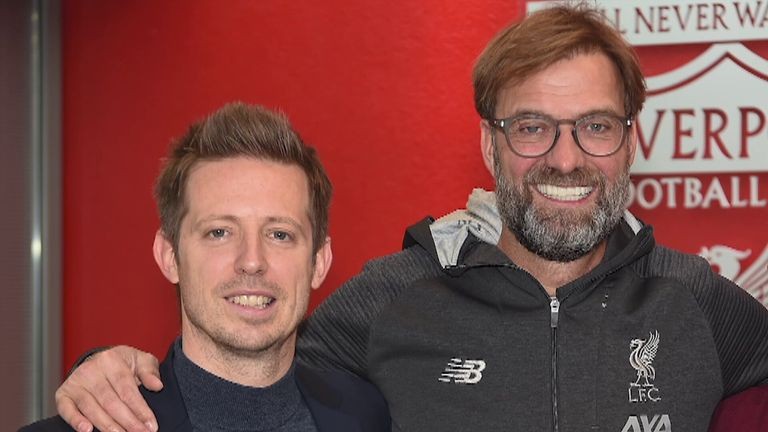
Liverpool’s former sporting director had rejected an approach from Mike Gordon, the president of the club’s owners Fenway Sports Group (FSG), shortly after Jurgen Klopp’s announcement on January 26 that he would step down as manager at the end of the season.
Even as recently as a fortnight ago, Edwards was insisting that the prospect of a return to the cut and thrust of club football held no appeal. He was enjoying more family time and the slower pace of life as a consultant for Ludonautics, the sports advisory business launched by Liverpool’s former director of research Ian Graham last year.
But FSG and Gordon refused to admit defeat. They set about putting together an alternative proposal which would pique Edwards’ interest. Six weeks on, Gordon had his man and Edwards had been formally unveiled as FSG’s CEO of football — a position created specifically for him.
It is a wide-ranging role that encompasses responsibilities far beyond Anfield — not least identifying and completing the acquisition of a second football club for the FSG stable. The job also comes with a multi-million-pound salary.
Edwards’ most high-profile responsibility will be to oversee a summer rebuild of Liverpool. The appointment of Bournemouth’s Richard Hughes as sporting director is the first stage of that, before the focus turns to securing Klopp’s successor, with Bayer Leverkusen coach Xabi Alonso the leading candidate.
How did FSG convince Edwards to return? The Athletic has spoken to multiple sources, either directly connected to Liverpool and FSG or briefed on the company’s plans, to understand how Edwards was persuaded. People talked to us on condition of anonymity, either to protect relationships or because they did not have permission to speak publicly.
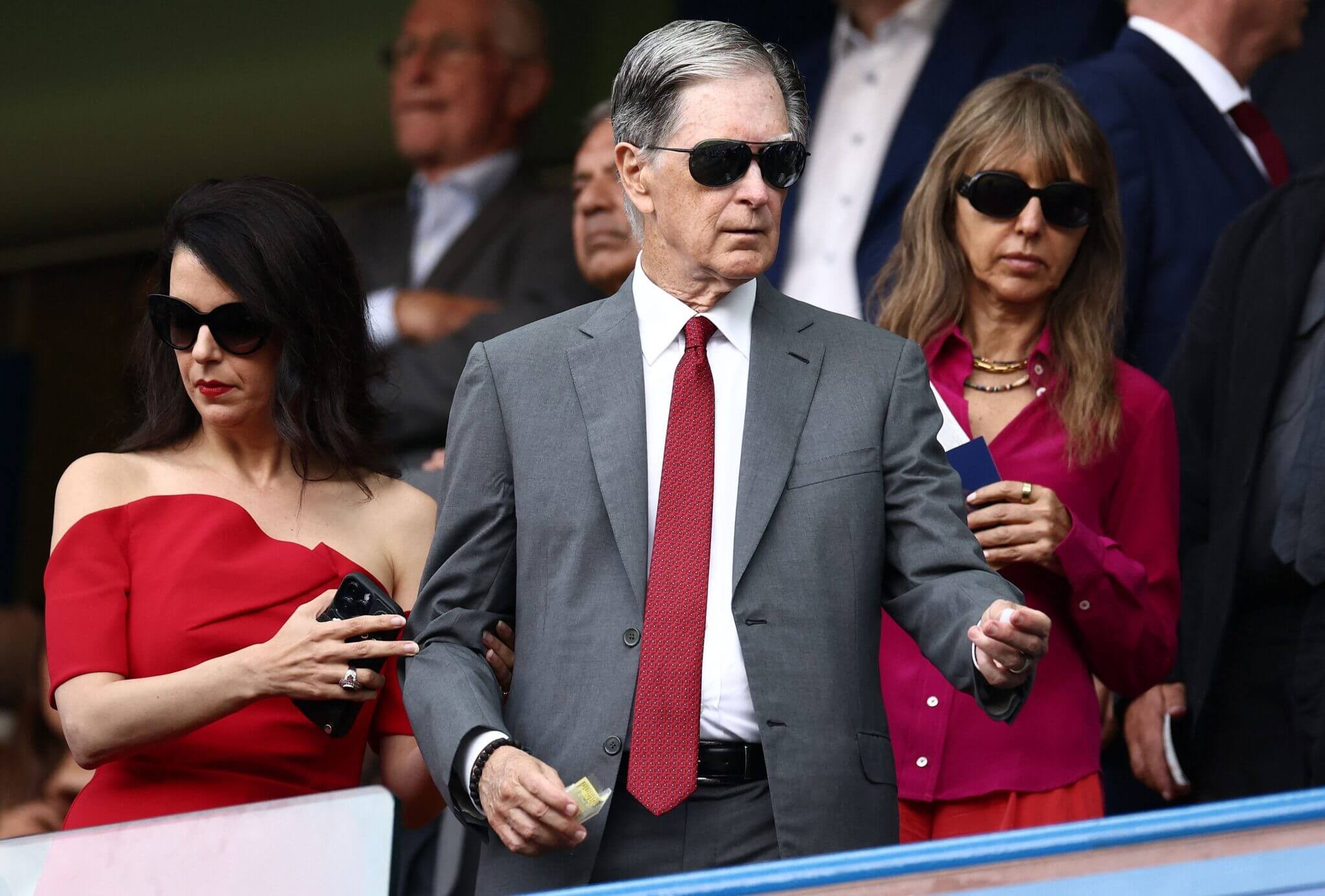
Officially, Edwards was in the American city of Boston for the first weekend of March to attend the 18th annual MIT Sloan Sports Analytics Conference — a gathering of pre-eminent figures in sports analysis, business and technology from around the globe.
Wearing jeans, trainers and a green hoodie, Edwards, 44, sat listening to his friend and business partner Graham, who was on the panel for a discussion titled ‘Transforming soccer through advanced analytics’. It was an opportunity to speak to prospective clients about Ludonautics. With several clubs in the UK already signed up, the summit offered the chance to make similar inroads into the Major League Soccer market.
Asked by U.S. reporters, including from the Boston Globe — the newspaper owned by John W Henry, the founder of FSG — about ongoing speculation regarding a possible return to Liverpool in any capacity, Edwards was dismissive but asked not to be quoted.
It had been a similar story earlier that week at the Financial Times’ Business of Football Summit in London where he was spotted deep in conversation with AC Milan owner Gerry Cardinale, the founder of RedBird Capital, which owns around 10 per cent of FSG.
In the open lobby area of the event, Edwards, who happily chatted to journalists and other attendees for several hours, expressed his anger at media reports published the previous day that he wanted more control over football operations to consider going back to Liverpool.
He said he did not miss club football and everything that came with it and was not keen to step back into that world, pointing out that Liverpool would not be getting the best version of him if he were to return.
Edwards emphasised the importance of keeping things fresh in a working career. He discussed in detail what Ludonautics does and explained that the company also models suitable managers as well as players for clubs.
He said he had turned down more than 10 jobs in the two years since he walked away from Anfield. Chelsea and Manchester United both wanted him to run their football operations. So, too, did Miami-based 777 Partners, which is in the process of trying to buy Everton. There had been calls from a range of top clubs in continental Europe, hoping he would do for them what he did for Liverpool in terms of recruitment, but they were all informed he had no interest in being a sporting director.
Edwards has subsequently said to associates that he told reporters he had no interest in returning to his old job at Liverpool but never ruled out working for FSG in a more senior capacity.
He flew straight from London to Boston, and what is clear is that by the end of his short trip to the United States, the landscape had shifted significantly following face-to-face discussions with Gordon and Henry.
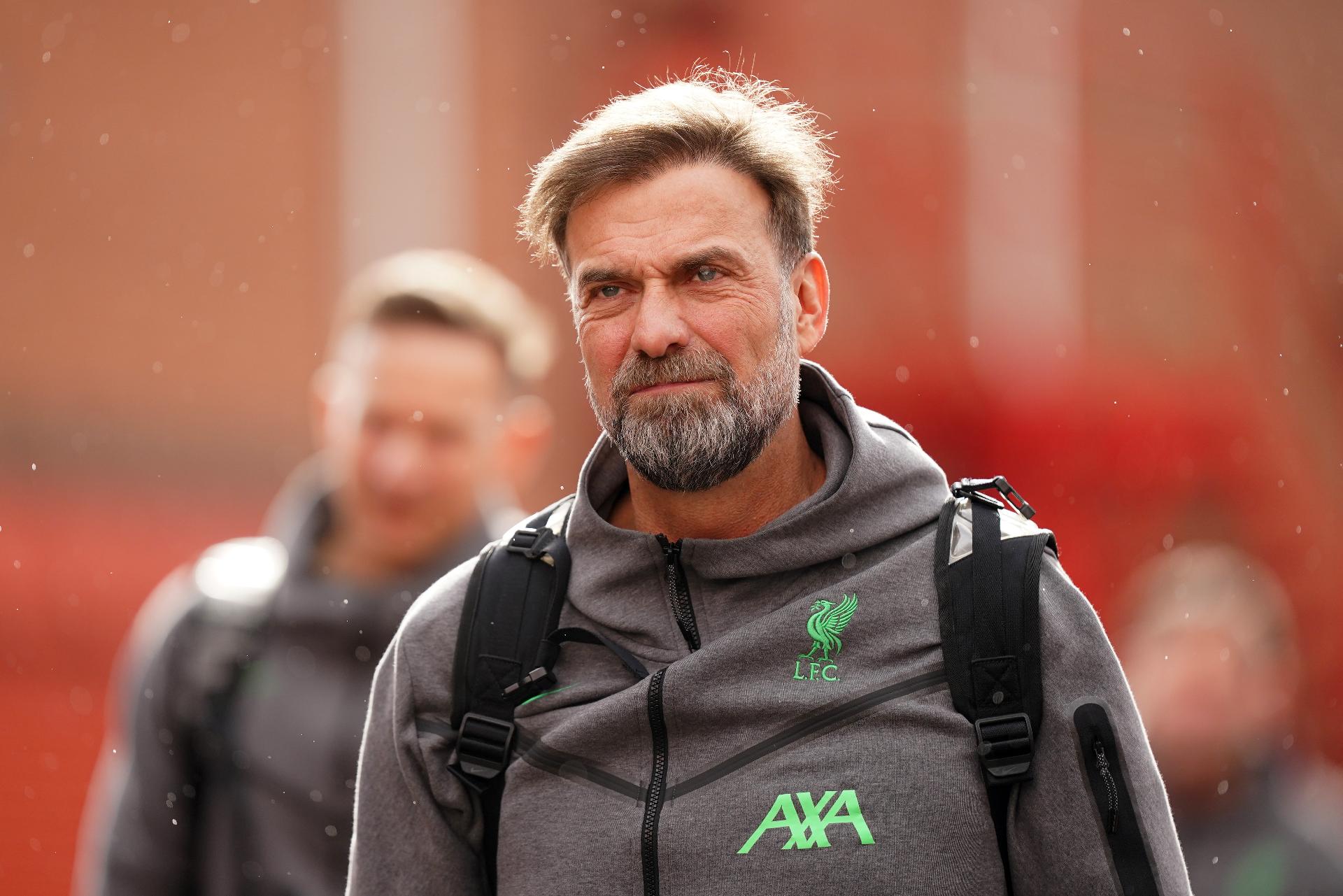
Both executives had arrived from the annual FSG partners’ weekend in Bonita Springs, Florida, with a compelling pitch. The offer on the table was very different to the others Edwards had previously rejected.
It involved Edwards succeeding Gordon as FSG’s day-to-day decision-maker on all football matters. Boston-based Gordon, who will remain on the FSG board, has long since been looking to reduce his involvement with Liverpool and have someone based on or near Merseyside run the football operation. It was another box ticked by Edwards, who lives a short drive away in Cheshire, and Klopp’s departure this summer was seen as providing ideal timing.
As well as appointing a sporting director as part of a rebuilt football executive team that will answer to him, Edwards would also be tasked with identifying and subsequently running another European side as FSG embarks on building a multi-club model.
This role, however, was something new for him to get his teeth into — wide-ranging responsibilities and power, as well as being highly lucrative.
Edwards, in common with many within football, believes that positions like the one he has taken on are on a similar level in terms of importance to the role of manager or head coach and they should be remunerated accordingly. The argument is that sporting directors, like managers, significantly add value to a club through smart recruitment and that should be reflected in their salary.
As a point of comparison, Edwards’ new job is viewed as the equivalent to what INEOS’ director of sport David Brailsford has been tasked with at Manchester United.
With the framework of a deal in place, it was a case of ironing out the smaller details and receiving specific assurances last week before Tuesday’s announcement in Boston.
Gordon, for his part, acknowledged that the expanded remit of this specific role was crucial in persuading Edwards. “It was clear when we initially reached out to him that a broader scope would be a key motivating factor for any potential return to the industry,” he said in a statement released by FSG.
Edwards, meanwhile, said he was “humbled by the desire and persistence they showed in wanting to work with me again”.
He continued: “This is not something that I take for granted, given their track record across sport and business. It was vital for me that, if I did return, it had to be with renewed vigour and energy. In practice, this means having fresh challenges and opportunities. As such, one of the biggest factors in my decision is the commitment to acquire and oversee an additional club, growing this area of their organisation.
“To remain competitive, investment and expansion of the current football portfolio is necessary.”
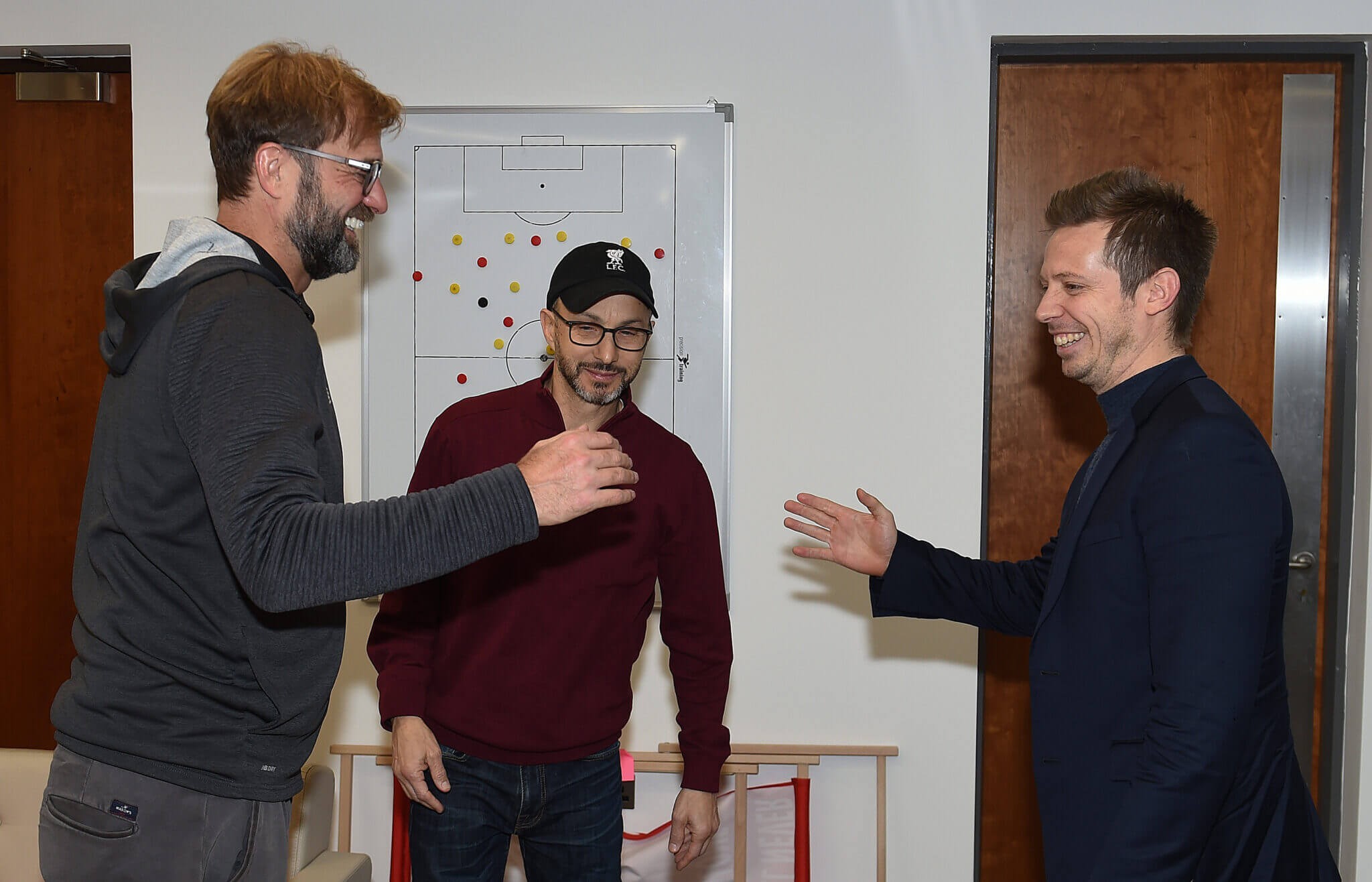
Throughout this process, Edwards has been the one in control of the narrative, including how journalists were informally briefed this month in London and Boston.
That also extends to how the announcement was conveyed on Tuesday.
The news was not carried by Liverpool’s official website or social media feeds; instead, it was delivered straight from FSG, with senior Anfield figures pointing to the fact that this was an FSG appointment, not a Liverpool one.
From FSG’s perspective, Edwards’ return has parallels with Theo Epstein coming back into its fold last month as a senior advisor. Epstein guided FSG’s Major League Baseball team Boston Red Sox to World Series wins in 2004 and 2007 during his nine-year spell as general manager (a position roughly equivalent to a director of football). Edwards had a similar impact with his body of work at Liverpool with Klopp’s side winning the Champions League in 2019 and the Premier League 12 months later.
Senior FSG figures have talked about “going back to the future” with the return of trusted executives who have proven track records of success and sound decision-making in broader, more expansive roles.
Fundamental to that is Edwards leading FSG’s plan to add another football club to its portfolio. In an email sent to all Liverpool staff by Gordon on Tuesday, and seen by The Athletic, it was notable that he stressed the importance of the multi-club model for FSG’s long-term success.
“Global football has changed immensely over the past several years, becoming increasingly sophisticated and creating myriad challenges,” Gordon wrote. “To remain competitive, we must identify every avenue available to us to gain an edge. To this end, Michael will use every tool at his disposal and has already identified the acquisition of another club as one channel that will help fortify our overall operation and drive our competitive ambitions.
“It’s a project on which he will work closely with our entire ownership group, including me, in the coming weeks and months. This in no way takes away from the focus, attention, care — and most importantly — the investment in Liverpool. In fact, we see it as a path that will help strengthen our club for the future.”
The fact that Gordon referred to Edwards working on the project in the “coming weeks and months” also suggests that, while his formal starting date is not until June 1, he is likely to have significant input into FSG’s decision-making before then.
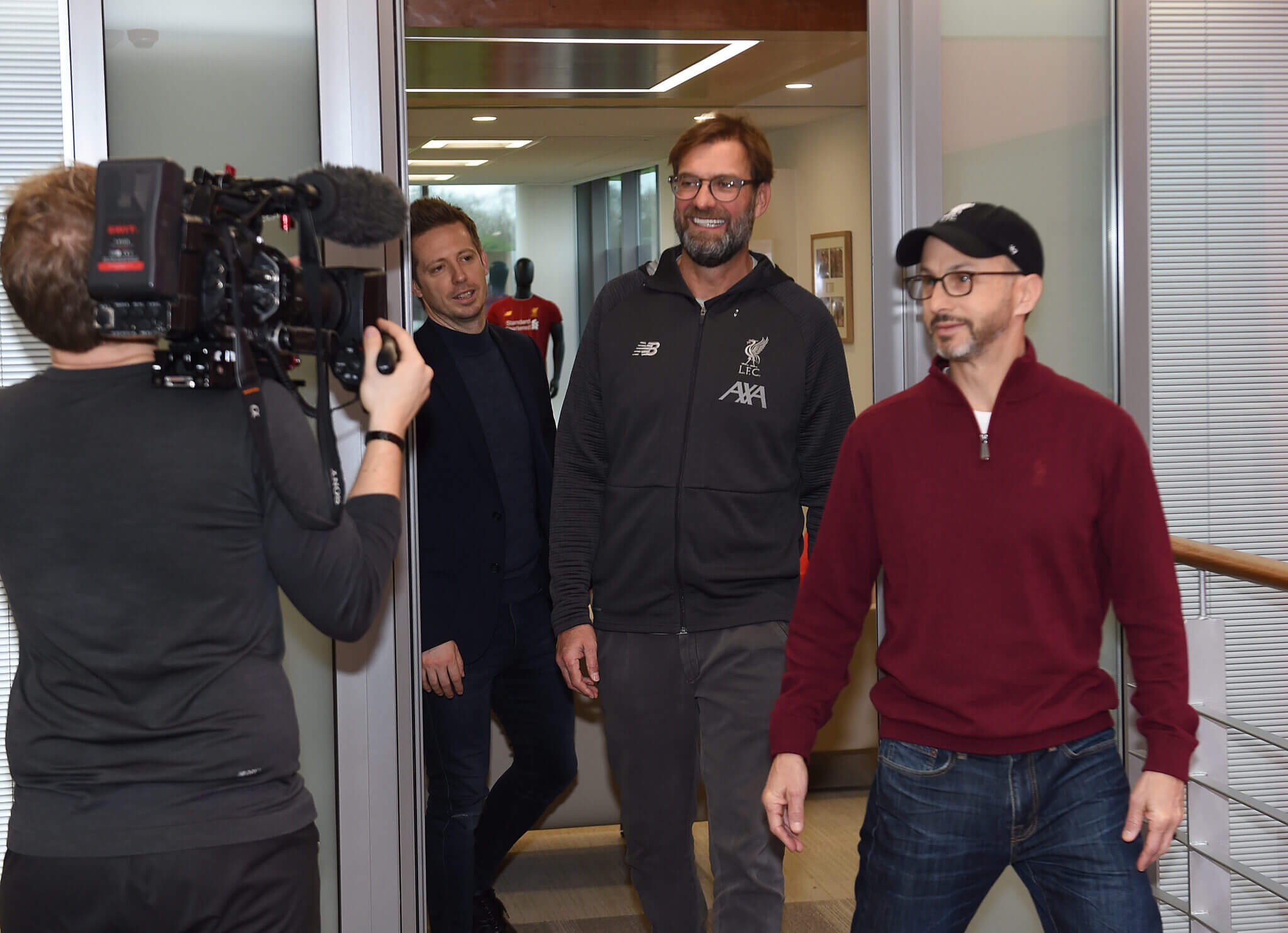
Edwards, who initially joined Liverpool from Tottenham Hotspur as head of performance and analysis in 2011 before rising to the position of sporting director in 2016, was widely lauded for his shrewd negotiating skills both in terms of incomings and outgoings as he made FSG’s self-sustaining business model work.
But FSG’s admiration for him always went way beyond transfers.
He masterminded Liverpool’s data-driven approach through the hiring of Graham and the setting up of the research department. He was also influential in the design of the club’s training complex at Kirkby and in strengthening links with the academy.
FSG has always trusted his judgment. Edwards’ reputation was enhanced by Klopp’s ability to inspire and develop the players brought to the club but Gordon always held Edwards in similar regard to Klopp.
In his email to staff, Gordon said Edwards was “one of the brightest minds in world football”, whose “data-driven approach… is in keeping with our ethos at FSG”.
There is another crucial factor in Edwards’ decision to return. It may have been less than two years since he left Liverpool, but the club will look and operate very differently in the looming absence of Klopp.
With his success and longevity since being appointed manager in 2015, the German had become increasingly influential across all areas of the club before Edwards’ exit, having a key say in everything from player recruitment to pre-season arrangements. At times, there was friction with Edwards over issues such as player contract extensions and training-ground staff retention, with both feeling they should have the final word.
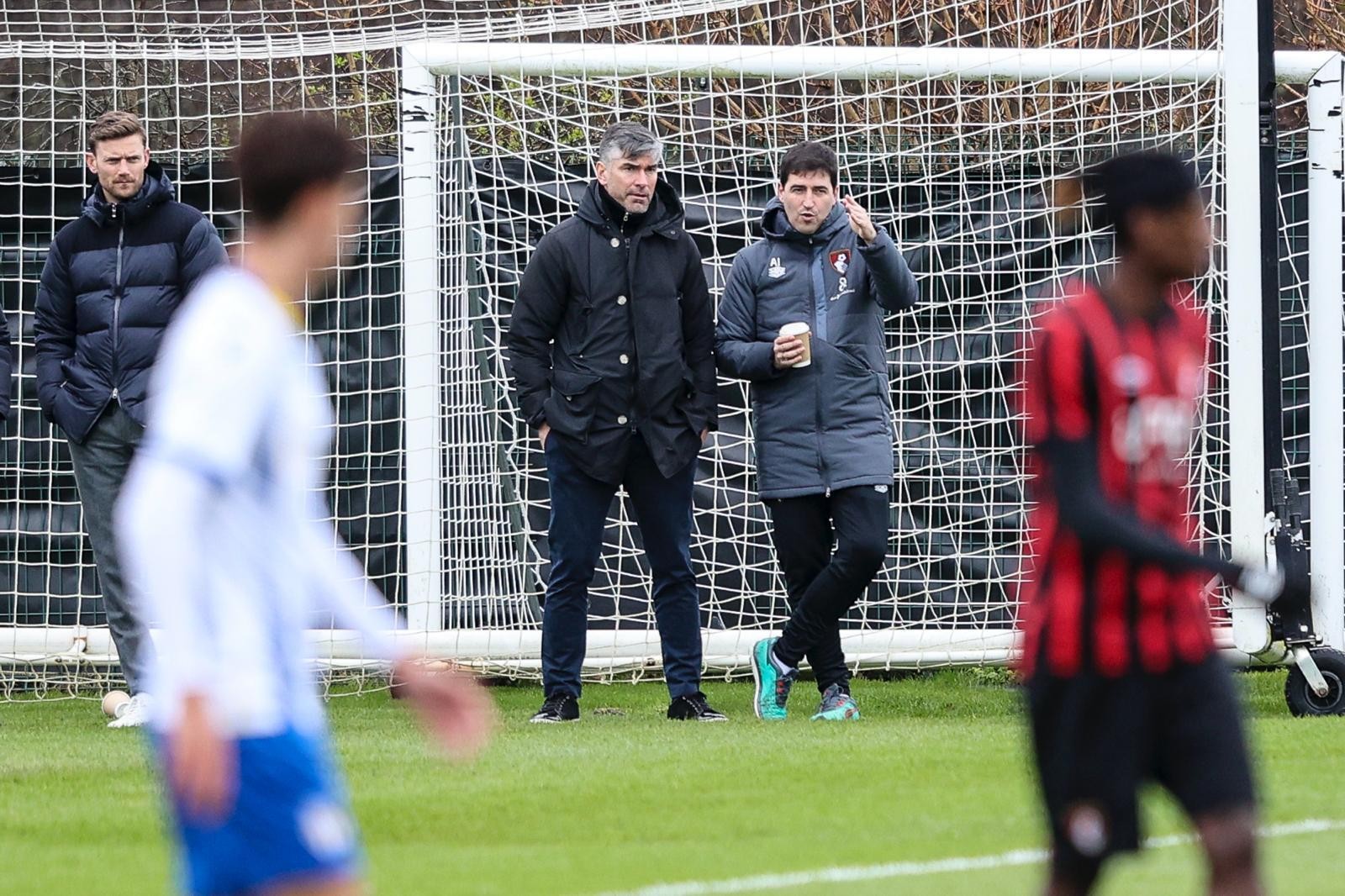
Edwards has always insisted his exit in 2022 was simply the desire to take a break after over a decade of service which convinced him to step down. He felt it was the end of the cycle.
His successor, Julian Ward, left after just one season in charge and the interim sporting director Jorg Schmadtke, who departed at the end of this year’s winter window, underlined how the balance of power had shifted when he described himself as “Klopp’s assistant” and a “service provider”.
Since Klopp informed Gordon in November that he would be leaving at the end of the season, FSG has viewed this summer as an opportunity to press the reset button at Liverpool, having moved away from their previous model to one that was more manager-centric. FSG wanted to put the right structure in place above the new manager before recruiting him, so it would be crystal clear what he will be walking into.
With the recruitment of Edwards — who will also give up his duties with Ludonautics on his official start date of June 1 — the appointment of Hughes as the new sporting director is a formality and brings to an end the long search for the right permanent candidate since Ward handed in his notice in November 2022.
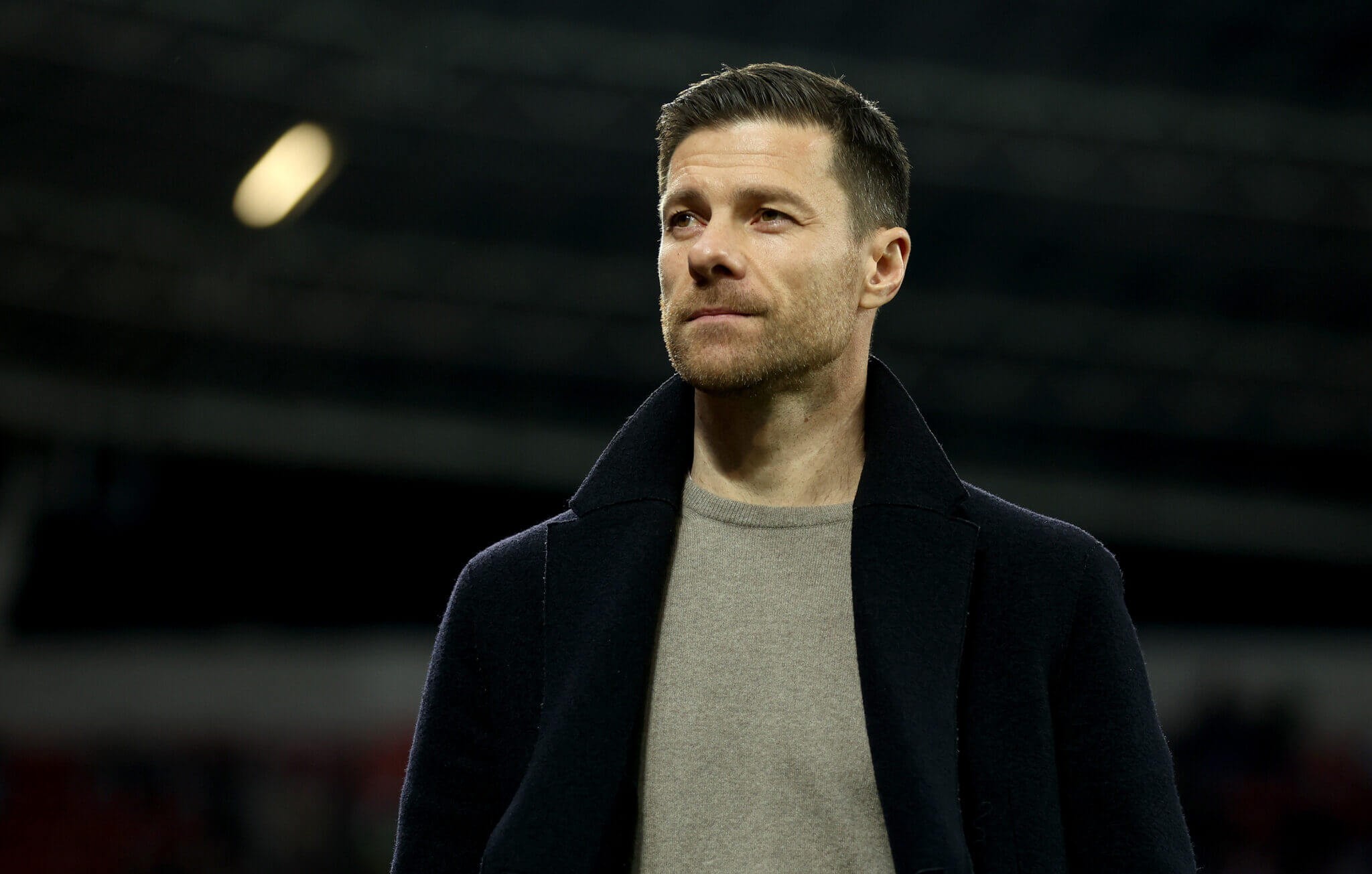
Edwards and Hughes share a close bond from their time together at Portsmouth two decades ago and have been keen to work alongside each other again. Hughes handed in his notice at Premier League side Bournemouth late last year and colleagues always believed his next move would be linked to Edwards’ future.
After nine seasons with Bournemouth, Hughes felt the time was right to pursue a new challenge and the handover process to his successor Simon Francis is already underway.
Hughes, 44, has not been placed on gardening leave by Bournemouth and as things stand he, like Edwards, cannot formally start work for Liverpool until June 1. However, with a new manager and an entire coaching staff to appoint, as well as pursuing summer transfer targets and securing the futures of key players such as Virgil van Dijk, Mohamed Salah and Trent Alexander-Arnold, who are all out of contract in summer 2025, it is implausible that there will not be work going on behind the scenes before then.
Edwards himself acknowledged how the clock is ticking as he referred in his statement to “essential leadership positions needing urgent attention”.
Former Liverpool midfielder Alonso remains the front-runner to take over from Klopp after transforming the fortunes of Leverkusen, who are 10 points clear at the top of the German Bundesliga and still unbeaten this season in 36 games in all competitions. He is also wanted by serial German champions Bayern Munich, with the summer exit of their coach, Thomas Tuchel, already confirmed.
Hughes has a good relationship with Alonso’s agent Inaki Ibanez, who also represents current Bournemouth head coach Andoni Iraola. Hughes is also well placed to resolve Van Dijk’s future, having dealt regularly with the Dutchman’s agent Neil Fewings, who also represents Bournemouth players Max Aarons and Philip Billing.
There is much to do at Liverpool, and at FSG more widely, but in Edwards, the group is confident it has found the right man to frame the future.
As he signed off his farewell email to staff after 12 years effectively running Liverpool, Gordon wrote: “I do not hand over these responsibilities lightly and I know there is no one more capable than Michael to shoulder them.”
- 消息参考来源: The Athletics
- 严禁商业机构或公司转载,违者必究;球迷转载请注明来源“懂球帝”
- 懂球帝社区规范:抵制辱骂

